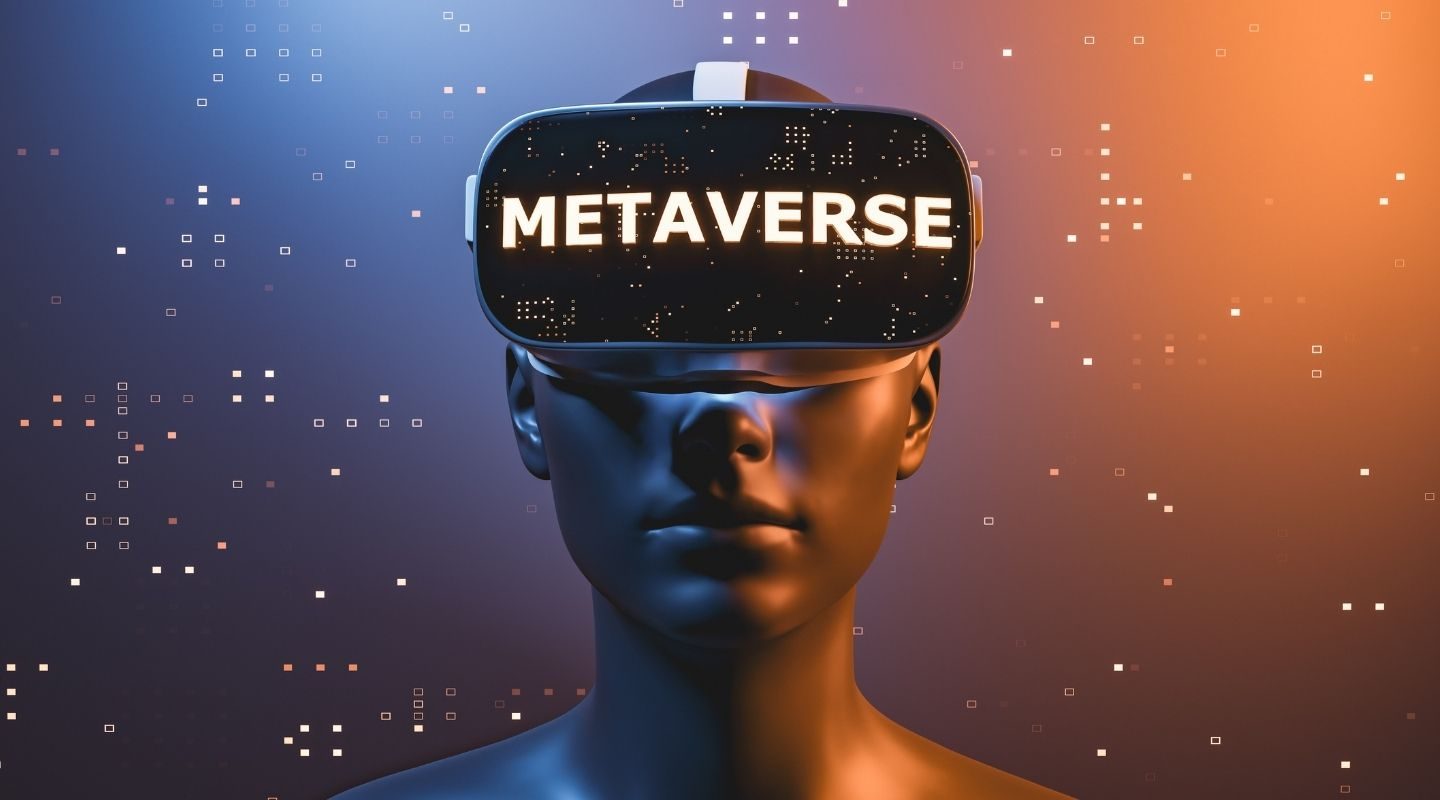Things in the world of the metaverse and web3 are moving incredibly quickly. Now, it looks like advocates who claimed that this futuristic, blockchain-based space could be the future of marketing might be onto something.
In fact, in the last couple of weeks, several big brands have engaged with the metaverse in significant ways. Let’s take a look at their actions and analyse what it might mean for the metaverse and web3 in the long term.
Spotify introduces Spotify Island
In its first activation in the metaverse, Spotify has announced the launch of Spotify Island. The company says that this new activation in Roblox will be “a paradise of sound where fans and artists from all over the world can hang out and explore a wonderland of sounds, quests and exclusive merch.”
Though some popular names in the music industry (including Lil Nas X) have hosted concerts on Roblox, this is the first time that a music-streaming service has established a presence on the platform.
Spotify Island is set to launch later this spring, and images released by Spotify show us that it will be heavily branded. On top of this, as part of the Spotify Island initiative, the music-streaming giant is also looking at ways it can partner with artists to create virtual merchandise. A percentage of any merchandise sold will then go directly to the artist, with Spotify keeping the rest of the profits.
Pepsi creates an NFT series with female digital artists
Pepsi recently forged a new partnership with four prominent female digital artists to create a new NFT series.
The NFTs were launched at the inaugural Strength of a Woman festival, which was organised by Pepsi and Mary J Blige. The festival was held in Atlanta on Mother’s Day weekend in the US.
As part the festival, NFTs were distributed to attendees as proof of attendance protocols. Essentially, they acted as digital badges that now prove that the owner attended the event.
The four artists who collaborated with Pepsi (Shaylin Wallace, Rachel Winter, Amber Vittoria and Varvara Alay) created tokens that blended their individual styles with the thematic elements of Blige’s festival. The tokens were also intended in part to serve as a symbol of support for women within the web3 community.
Interestingly, the festival was not Pepsi’s first foray into the NFT space. Last year, the drinks giant launched its Mic Drop Genesis collection, which included 1893 unique NFTs that paid homage to the brand’s storied history in music.
Starbucks hints at upcoming web3 experience
Finally, Starbucks has also announced its intention to “create a new global digital community” based on the principles and technologies afforded by web3.
An ambitious project, the coffee giant is aiming to create a “digital third place”, which exists and functions somewhere in between the home and the workplace. The project will be delivered in phases, with phase one being devoted to NFTs.
Starbucks said “we plan to create a series of branded NFT collections, the ownership of which initiates community membership, and allows for access to exclusive experiences and perks… The themes of these collections will be born of Starbucks artistic expressions, both heritage and newly-created, as well as through world-class collaborations with other innovators and like-minded brands.”
The company aims to launch a “genesis NFT collection” later this year.
Brands and the metaverse – the Spike view
With Spotify, Pepsi and Starbucks all recently announcing their intention to engage with the metaverse and web3, it’s clear that the blockchain-based space has captured the attention of big brands more quickly than many people thought possible.
However, it’s equally clear that these brands are engaging with the metaverse for different reasons. While Spotify is creating Spotify Island to appeal to a younger target audience, it’s more likely that Starbucks is creating a much longer-term concept that could be monetised effectively.
While Spotify’s concept can be monetised through partnerships with artists and merchandise sales, the “digital third place” imagined by Starbucks could create an entirely new pillar for the brand. Could the long-term play be that Starbucks customers will pay for coffee in crypto? We’ll have to wait to find out.
Author spike.digital